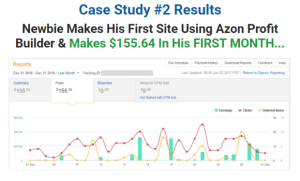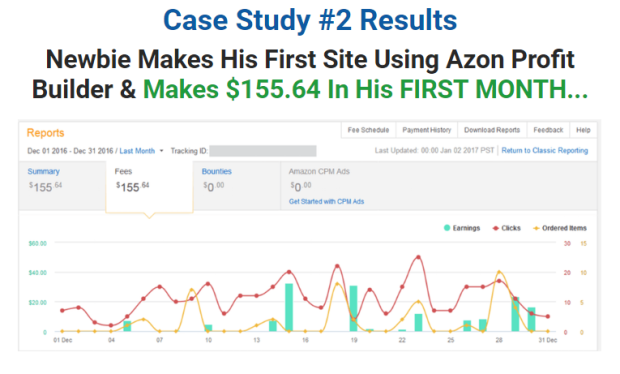
It’s easy to dig yourself deep into credit card debt, but with a little attention to detail and self-discipline, you can catch yourself before a small problem becomes a life-altering debacle.
If you’re ever carrying a balance on your credit card, instead of paying the statement in full each billing cycle, you need to closely watch that balance and make plans to pay it off. Most people take on debt with the intention of paying it off, but the longer you procrastinate making a debt payoff plan, the more difficult that will be. Here are some telltale signs that you’re on the path to troublesome credit card debt.
1. You’re Afraid of the Truth
The last thing you want your credit card bill to be is a surprise.
“I think there’s always a gut check,” said Gerri Detweiler, Credit.com’s director of consumer education. “You feel kind of queasy when you’re opening the bill, or you’re shocked when you’re opening the bill because it’s higher than you expected — or you don’t even open the bill and you just make the minimum payment.”
If you’re anxious about getting your credit card bill, it’s a sign something needs to change.
2. Your Debt-Free Timeline Keeps Getting Longer
When the Credit CARD Act became law, credit card issuers were required to list how much a consumer needs to pay each month to pay off the card balance within three years. If you see that number and think, “There’s no way I can afford that,” you might be in trouble.
“That information can help you figure out if you can afford to do it yourself or if you might need to talk to a credit counseling agency,” Detweiler said.
It’s crucial to pay attention to your credit card balances, even if you don’t think you’re in danger of falling into debt. The sooner you figure out how much you owe and how long it will take you to pay it off — you can do that using a free credit card debt payoff calculator — the faster you’ll be able to improve your credit and work toward other financial goals.
3. You Think Shuffling Your Debt Around Will Solve Your Problem
Detweiler said a lot of consumers push their debt from credit card to credit card, taking advantage of balance-transfer offers but failing to pay off the debt by the time the promotional financing expires. Not only does that get expensive — you’ll probably need to pay balance-transfer fees each time — opening new credit cards can hurt your credit, and you’re just putting off your inevitable need to buckle down and pay off the debt.
People often think a consolidation loan will fix everything, too.
“Consumers are very reluctant to get help with their debt, and a lot of times they’re looking for a consolidation loan and they think, ‘If I can get a consolidation loan I’ll be fine,’ and that’s not always the case,” Detweiler said. “That’s probably the biggest hurdle, and the second is a lot of consumers don’t understand how credit counseling works.”
Paying off debt through a credit counseling agency doesn’t directly hurt your credit, though you’re required to close your accounts, which will eventually affect your available credit and credit score. It helps you address a problem you may not be able to solve on your own, and it doesn’t hurt your credit nearly as much as declaring bankruptcy would.
4. Your Credit Scores Start to Dip
Carrying a balance on your credit cards can add up over time, raising a key credit scoring factor called your “credit utilization ratio.” This number is the amount of your credit card balance in comparison to your credit card limit. If you go above 30{6fac3e6a3582a964f494389deded51e5db8d7156c3a7415ff659d1ae7a1be33e} utilization, you can hurt your score and the consumers with the best credit scores have utilization ratios under 10{6fac3e6a3582a964f494389deded51e5db8d7156c3a7415ff659d1ae7a1be33e}. Interest, fees and the lack of a payoff plan can easily get that ratio pretty high, which can lower your scores significantly over time. You can see the impact your credit card debt is having on your credit scores for free on Credit.com.
More on Managing Debt:
- The Credit.com Debt Management Learning Center
- How to Pay Off Credit Card Debt
- 5 Tips for Consolidating Credit Card Debt
Image: iStock
The post 4 Signs Your Credit Card Debt Is Getting Out of Control appeared first on Credit.com.
SOURCE: Credit.com – Read entire story here.


















